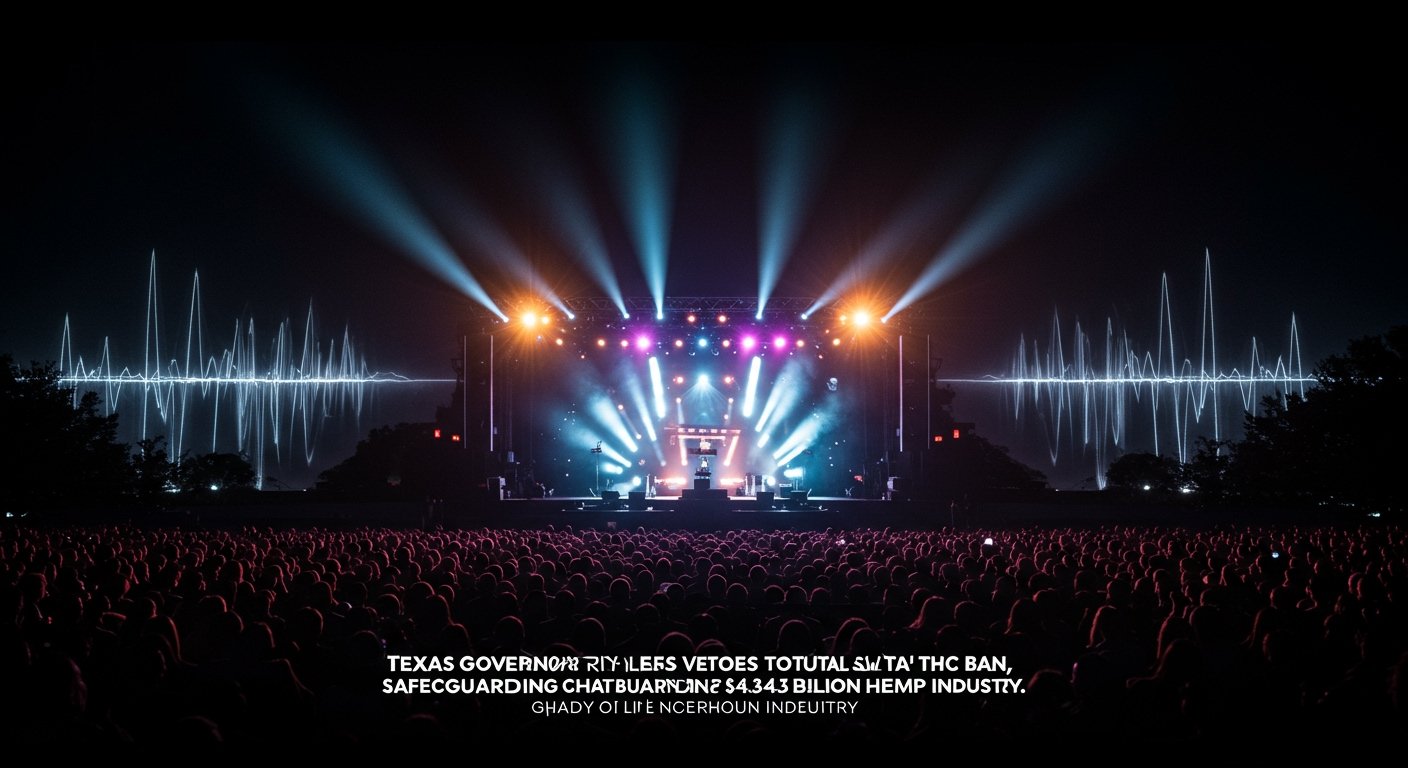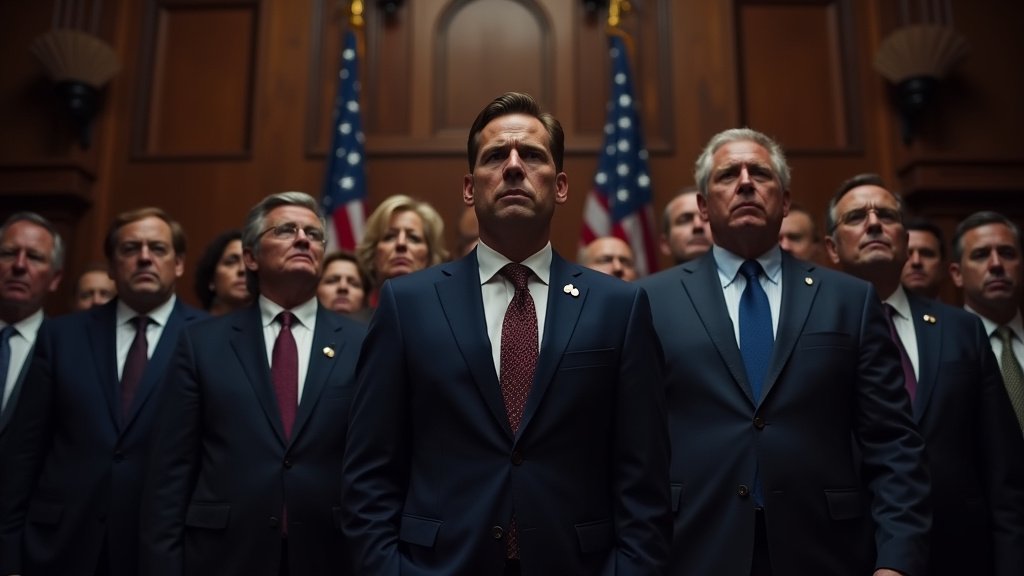AUSTIN, Texas – Governor Greg Abbott, a Republican, on Sunday, June 22, 2025, exercised his gubernatorial authority to veto Senate Bill 3 (SB 3), a controversial legislative measure that sought to impose a statewide prohibition on all consumable products containing Tetrahydrocannabinol (THC).
The veto marks a significant victory for Texas’ burgeoning hemp-derived product industry, ensuring the continuation of its market operations across the state. Proponents of the industry and opponents of the ban lauded the decision, highlighting its economic importance and alignment with existing federal law.
The Proposed Ban: Senate Bill 3
Senate Bill 3 aimed to enact one of the nation’s most stringent bans on THC products. The measure proposed a complete prohibition on the sale, possession, and manufacture of all consumable goods containing any detectable amount of THC, regardless of its source (hemp or marijuana) or concentration level, effectively reversing access to products currently available under the state’s hemp program.
The legislative push for SB 3 followed the passage of the 2018 federal law, the Agriculture Improvement Act, commonly known as the Farm Bill. This landmark federal legislation legalized hemp and hemp-derived compounds, including cannabinoids like CBD and Delta-8 THC, provided they contain no more than 0.3% Delta-9 THC by dry weight. Texas subsequently aligned its state law with this federal framework through House Bill 1325 (HB 1325), enacted in 2019.
Texas’ Existing Regulatory Framework (HB 1325)
Under the current regime established by House Bill 1325, Texas regulates the hemp industry with provisions that include specific limits on THC concentration (primarily Delta-9 THC), mandatory third-party testing requirements, state licensing for hemp businesses, and stringent labeling standards for products. This framework was designed to facilitate a legal, regulated market for hemp and hemp-derived products while distinguishing them from illicit marijuana.
SB 3’s attempt to ban all consumable THC products went beyond the scope of existing state and federal regulations by targeting hemp-derived cannabinoids that are currently legal under HB 1325 and the 2018 federal law.
Economic Impact and Industry Advocacy
The Texas Hemp Business Council, a key industry advocacy group, presented compelling data on the economic footprint of the state’s hemp sector. According to the council, the industry is responsible for employing approximately 53,000 Texans across various roles, from farming and processing to retail and distribution. Furthermore, they report that the industry generates over $4.3 billion in annual sales within the state.
Opponents of SB 3, including industry leaders and consumers, argued that a ban would decimate this significant economic sector, leading to substantial job losses and lost tax revenue. They also contended that such a move would push the market underground, making products unregulated and potentially unsafe.
Public Opposition and Support for Veto
The proposed ban faced considerable public opposition. Advocacy groups opposing SB 3 mobilized consumers and industry stakeholders, gathering over 150,000 petition signers who urged Governor Abbott to veto the measure. This widespread public sentiment against the ban likely played a crucial role in the Governor’s final decision.
Proponents of the veto framed it as an essential protection for a vibrant, federally legal industry that has invested heavily in the state’s economy. They argued that prohibiting products explicitly permitted under federal law and regulated by existing state statute (HB 1325) would create unnecessary economic disruption and legal uncertainty.
Governor Abbott’s Decision
Governor Abbott’s veto prevented Texas from implementing what would have been one of the most restrictive bans on THC products anywhere in the United States. While the Governor did not issue a detailed statement accompanying the veto of SB 3 specifically in the provided summary, his action aligns with preserving economic activity within a federally recognized industry sector.
His decision signifies a divergence from legislative efforts to tighten restrictions beyond the existing framework and acknowledges the established market and regulatory structure under HB 1325. The veto underscores the administration’s stance, at least for now, against a complete prohibition that would dismantle the current legal hemp market.
The Path Forward
With the veto of SB 3, the legal status of consumable hemp-derived THC products in Texas remains governed by the parameters set forth in House Bill 1325. This means products meeting the specified THC concentration limits, testing requirements, and labeling standards can continue to be legally produced, sold, and consumed in the state.
The veto does not preclude future legislative attempts to regulate or restrict the industry, but it sends a clear message that a total ban on all THC products, regardless of source or concentration within federal hemp guidelines, faces significant executive resistance. The Texas Hemp Business Council and other industry stakeholders will likely remain vigilant against future legislative challenges while continuing to operate under the current, preserved regulatory environment.






